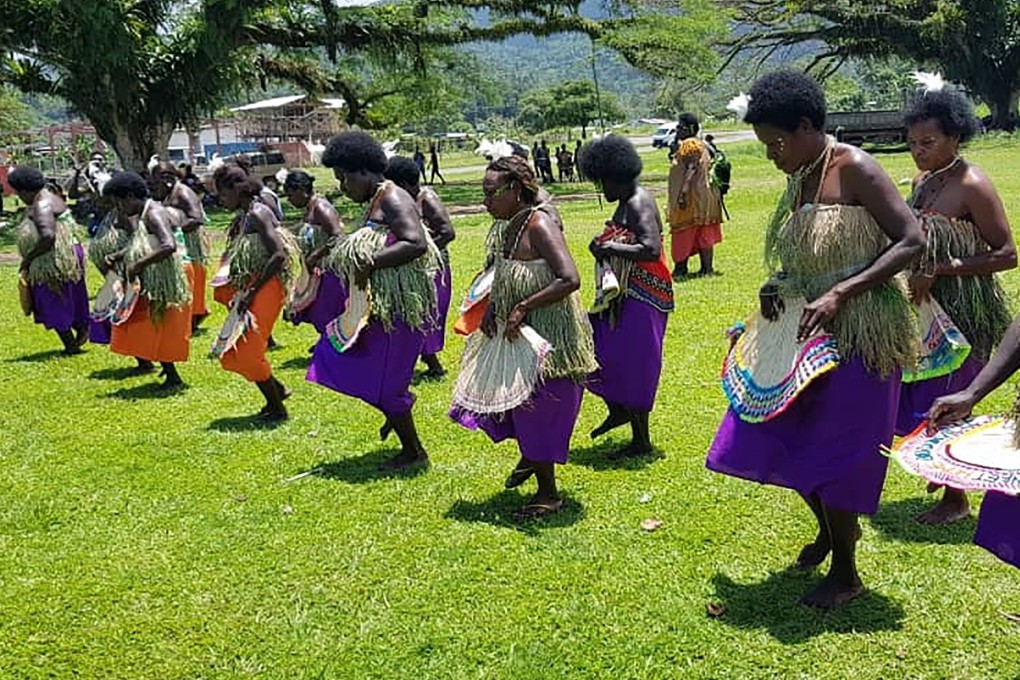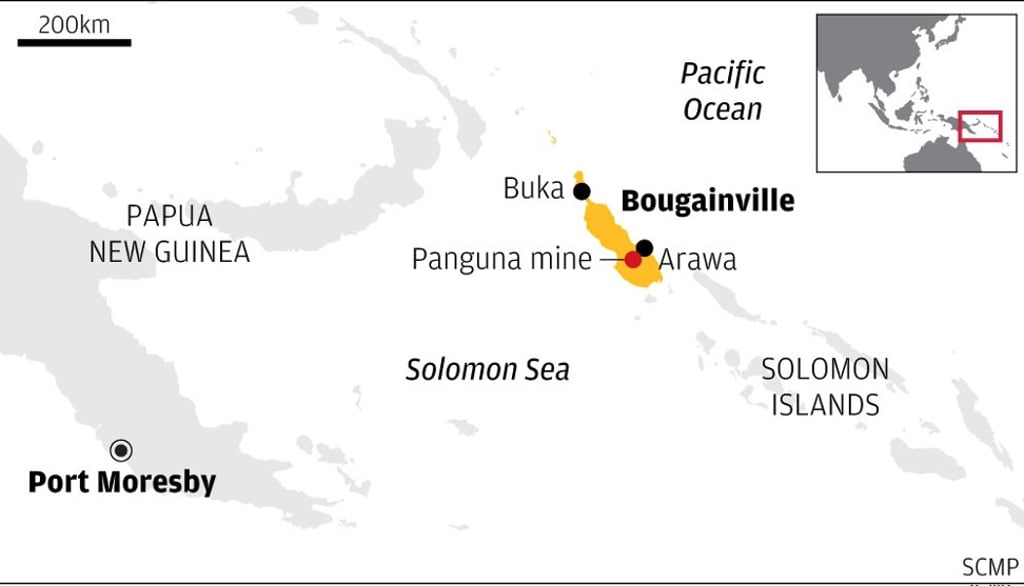Why the US, China and Australia are watching as Bougainville votes
- Once torn apart by civil war, the autonomous region in Papua New Guinea kicks off a two-week independence referendum this weekend
- The vote takes place amid other bids for self-government in the region and geopolitical rivalry between the US and China

Is this the birth of the world’s newest country? That is up to the 300,000 residents of Bougainville, an autonomous region in Papua New Guinea (PNG), who go to the polls on Saturday to kick off a two-week independence referendum.
But Bougainville’s neighbours – such as Indonesia, which has staunchly rejected calls for self-determination in its easternmost regions of Papua and West Papua – are also watching closely.
Natalie Sambhi, the director of Verve Research, an Australian civilian-military relations research collective, said: “Bougainville’s vote could give further encouragement in the Papuan provinces to push for their own, particularly if a population of just 300,000 can gain successful independence.”
Bal Kama, a constitutional law specialist at ANU College of Law in Canberra, said: “The outcome of the referendum will have political implications beyond PNG. It has the potential to inspire new and ongoing bids for self-government in other parts of the Pacific.”
Bougainville was PNG’s wealthiest region before its Panguna mine – one of the world’s largest deposits of copper and gold, which was recently valued at US$58 billion – was shuttered in 1989.

